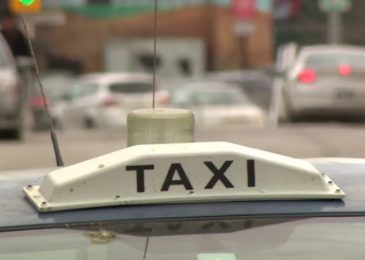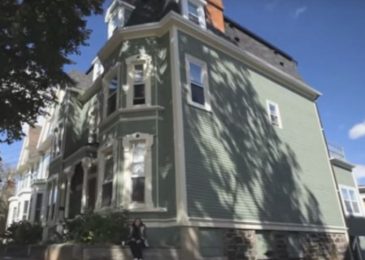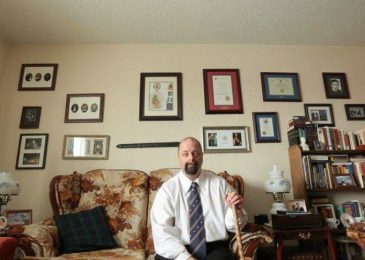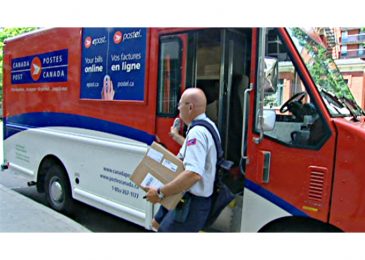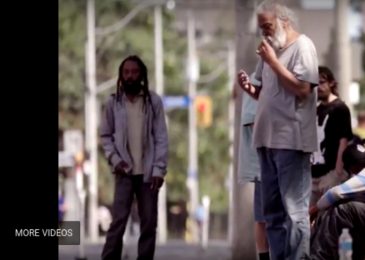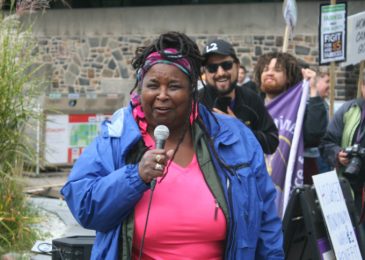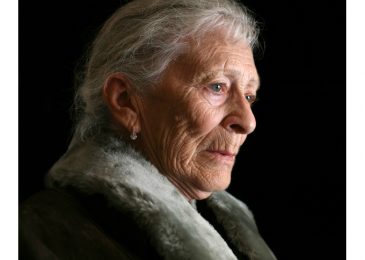Kendall Worth: Not rich enough? Getting a ride home after day surgery
Community Services will pay for the cab for a person who is getting released from day surgery if the person cannot take the bus home. But finding someone to accompany you home who the hospital approves of is sometimes difficult, Kendall Worth reports.

